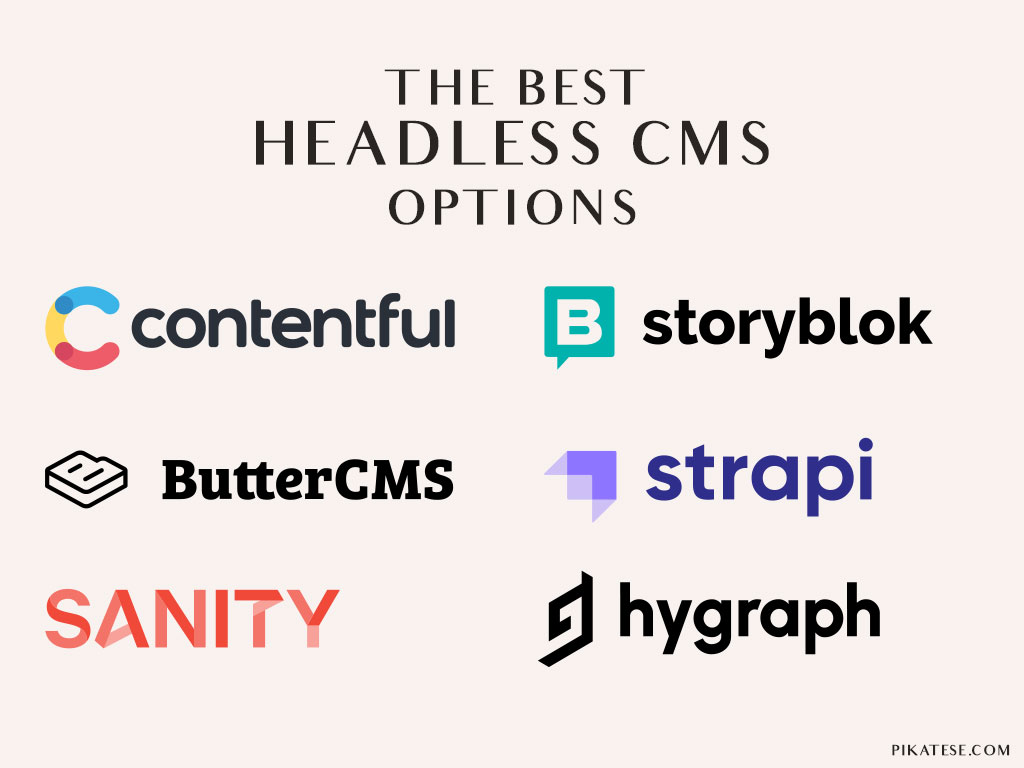A headless CMS (Content Management System) can provide numerous benefits to website owners, including improved performance, increased flexibility, and enhanced user experience. This article will explore the many advantages of implementing a headless CMS and what it means for website owners.
In recent years, headless CMS has emerged as a leading solution for many website owners, offering numerous benefits over traditional, monolithic CMS platforms. In this article, we'll take a closer look at what a headless CMS is, and what it can offer website owners.
What is a Headless CMS?
A headless CMS is a type of CMS that separates the front-end presentation layer from the back-end content management layer. In other words, it enables content managers to manage the content of a website without affecting the way it's displayed to the end user. This separation of concerns offers numerous benefits, including increased performance, improved security, and enhanced flexibility.
Performance Benefits
One of the key benefits of a headless CMS is improved performance. With a decoupled architecture, website owners can benefit from faster load times, improved scalability, and a better overall user experience. This is because the front-end presentation layer is not impacted by the back-end content management layer, allowing for greater flexibility and scalability. Additionally, the front-end presentation layer can be optimized specifically for performance, resulting in faster load times and a more responsive website.
Flexibility and Customization
Another advantage of a headless CMS is the increased flexibility it offers. With a decoupled architecture, website owners can easily swap out their front-end presentation layer for a new one without affecting the underlying content management layer. This means that website owners can easily customize the look and feel of their website, without having to worry about the impact on their content management processes. Additionally, a headless CMS allows for the use of multiple front-end presentation layers, providing even greater flexibility and customization options.
Improved User Experience
A headless CMS can also help website owners enhance the user experience. With a decoupled architecture, website owners can build custom front-end presentation layers optimized for specific user experiences, such as mobile devices, or even virtual and augmented reality. This allows website owners to create highly personalized and engaging experiences for their users, which can lead to increased engagement and conversions.
Security Benefits
Another key benefit of a headless CMS has improved security. With a decoupled architecture, website owners can more easily secure their back-end content management layer, as it is separate from the front-end presentation layer. Additionally, using APIs (Application Programming Interfaces) to manage content can provide an added layer of security, as it enables website owners to control access to their content and protect sensitive information.
Headless CMS options
While Contentful is a popular headless CMS option, there are several other options available on the market. Some of the main competitors of Contentful include:
Strapi: An open-source, Node.js based headless CMS with a focus on ease of use and customizability.
Sanity: A flexible, real-time headless CMS that enables developers to quickly and easily build and manage custom content structures.
ButterCMS: A cloud-based headless CMS that provides a simple and intuitive content management experience for website owners.
Hygraph (GraphCMS): A graph-based headless CMS that enables developers to quickly and easily build and manage custom content structures.
Storyblock: A cloud-based headless CMS that offers a wide range of templates and integrations to help website owners quickly and easily build and manage their websites.
While these are all solid options for headless CMS, each has its own unique strengths and weaknesses. Contentful, with its focus on performance, flexibility, and user experience, maybe the best choice for many website owners, but it's important to carefully evaluate all options to determine the best fit for your specific needs.
In conclusion, headless CMS like Contentful offers numerous benefits for website owners including increased flexibility, improved performance, and better user experience. With its cloud platform, API, and integrations, Contentful makes it easy for developers to manage digital content and create custom structures. Consider Contentful for harnessing the power of headless CMS for your website.

